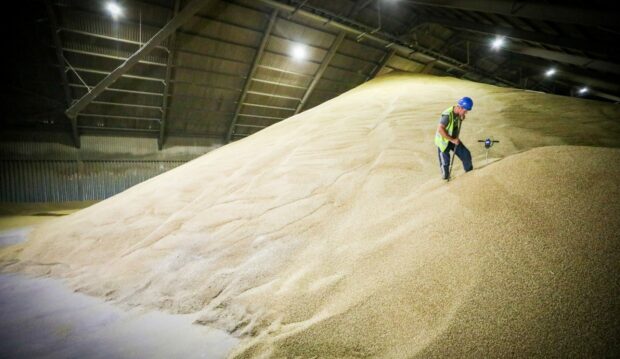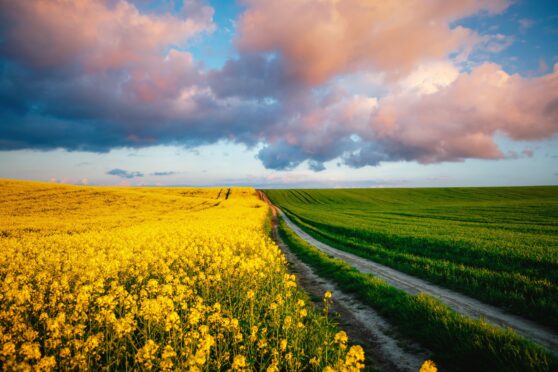EU farm ministers, in an emergency meeting, have expressed support for Ukraine and committed the EU to delivering humanitarian aid.
Prompted by the French council president Julien Denormandie, they agreed this underlined the importance of EU food sovereignty.
They told European Commission officials to protect agriculture from the consequences of events in Ukraine.
Meanwhile, members of the European Parliament’s agriculture committee have called for a review of EU self-sufficiency in key agricultural inputs because of the overnight impact on costs and prices of the loss of Russia and Ukraine as suppliers, and its impact this will have .
Veterinary and other residues found in samples of European meat and dairy products fell to a new low in 2020.
According to the commission, levels detected are now at an 11-year low, with reductions across the board.
The results cover member states, plus Norway and Iceland.
The UK was not included in the figures for 2020, because it was technically no longer a member state.
Iceland and Norway are included as part of the European Free Trade Area and the monitoring data covered 630,000 samples. The percentage exceeding permitted maximum residue levels was 0.19pc.
Over the 11 years non-compliance ranged from 0.25 to 0.37pc. The figure for 2019 was 0.30pc.
Costs
The big hitters of the European grain industry, representing traders, oil crushers and the feed industry, have warned there is no pain-free solution to the cost explosion looming because of events in Ukraine and Russia.
Expressing solidarity with Ukraine and its people, the lobby groups issued a joint statement warning of the consequences of losing access to Black Sea supplies and urging the European Commission to step up contingency planning.
Stressing the importance of Ukraine for grain and other ingredients to Europe, they said shortages and cost increases that would hit both the feed and food industries were inevitable.
They said that before the conflict Ukraine was expected to export around 60 million tonnes of grain, with around 11 million tonnes destined for Europe.
They warned this would not be easily replaced and certainly not without an inevitable increase in costs and prices for farmers and consumers.

